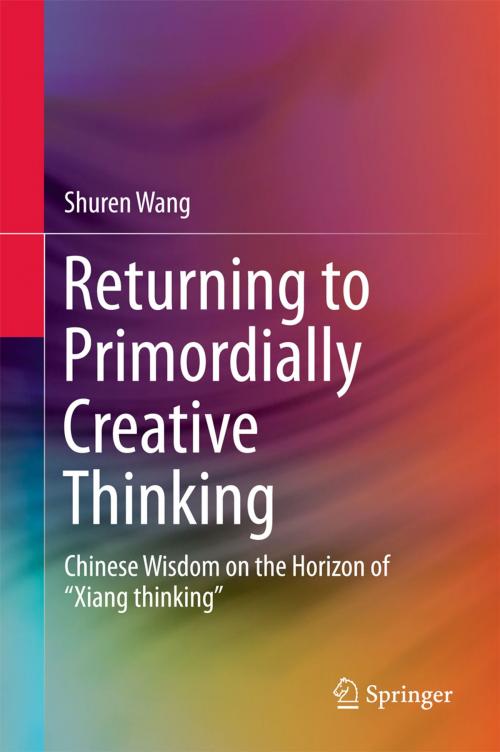Returning to Primordially Creative Thinking
Chinese Wisdom on the Horizon of “Xiang thinking”
Nonfiction, Religion & Spirituality, Philosophy, Eastern, Ancient| Author: | Shuren Wang | ISBN: | 9789811090486 |
| Publisher: | Springer Singapore | Publication: | May 2, 2018 |
| Imprint: | Springer | Language: | English |
| Author: | Shuren Wang |
| ISBN: | 9789811090486 |
| Publisher: | Springer Singapore |
| Publication: | May 2, 2018 |
| Imprint: | Springer |
| Language: | English |
This book identifies that “Xiang thinking” is the eidetic connotation and a fundamental trait of traditional Chinese thinking, offering insights of considerable methodological significance. "Xiang thinking" is a mode of thinking different from conceptual thinking or idealized rational thinking and, in a certain sense, it is more primal. In the past century, particularly since 1949, the primary works on Chinese philosophical history have, as a rule, addressed the ancient Chinese tradition of philosophical ideas by virtue of the philosophies of Plato, Descartes and Hegel: methods that inherently challenge Chinese philosophical insights. This has naturally led to the fact that the insights as such remained obscured. This book starts to reverse this trend, intending to help Chinese people understand and appraise themselves in a more down-to-earth fashion. In addition, it is particularly helpful to people of other cultures if they want to understand ancient Chinese philosophy and culture in a context of fresh and inspiring philosophical ideas. (By Zhang Xianglong)
This book identifies that “Xiang thinking” is the eidetic connotation and a fundamental trait of traditional Chinese thinking, offering insights of considerable methodological significance. "Xiang thinking" is a mode of thinking different from conceptual thinking or idealized rational thinking and, in a certain sense, it is more primal. In the past century, particularly since 1949, the primary works on Chinese philosophical history have, as a rule, addressed the ancient Chinese tradition of philosophical ideas by virtue of the philosophies of Plato, Descartes and Hegel: methods that inherently challenge Chinese philosophical insights. This has naturally led to the fact that the insights as such remained obscured. This book starts to reverse this trend, intending to help Chinese people understand and appraise themselves in a more down-to-earth fashion. In addition, it is particularly helpful to people of other cultures if they want to understand ancient Chinese philosophy and culture in a context of fresh and inspiring philosophical ideas. (By Zhang Xianglong)















